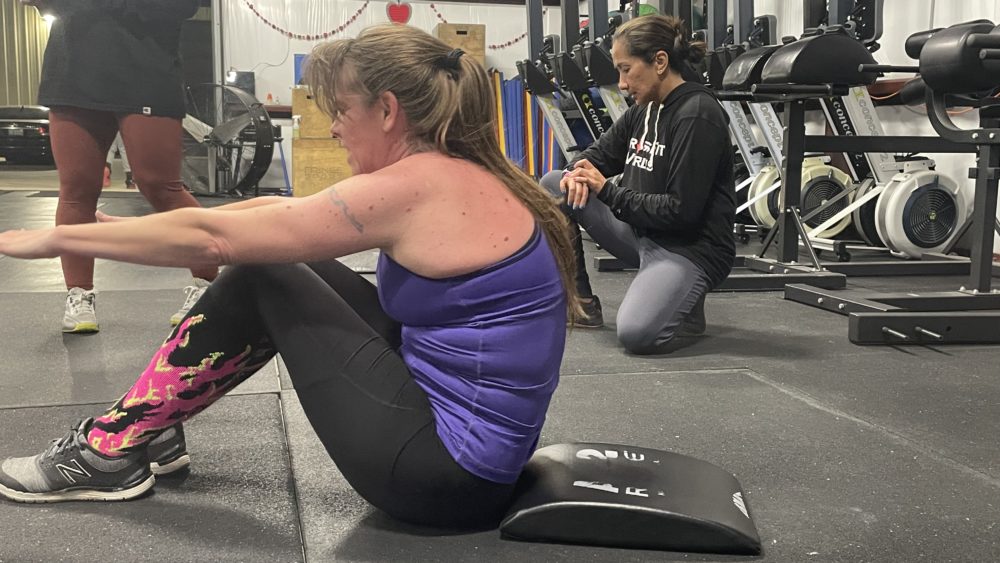
Should vs. Could – that’s what we’re talking about today, and I am resharing the concept from someone I greatly admire. I recently wrote a blog discussing how to build good habits. The importance of creating an environment conducive to the habits you want to build. It’s likely you’re not going to lose weight if you live in a house that constantly has cookies and doughnuts in the pantry.
The next piece of creating habit change that I would like to discuss today is the mindfulness approach of it in the language we use. Most specifically, replacing the word “should” with “could”.
Think of the things you say out loud in your everyday life. Those things have power. If I see a doughnut and before eating it I say out loud, “If I eat this doughnut, I’m going to regret it in an hour.” It is much more likely that I will not eat the doughnut. When we talk about things we know we COULD be doing, instead of saying we SHOULD be doing it, it places the impetus on us to accept that we are actively letting ourselves down. If you know you CAN do something and you’re just flat out not, you will have to wrestle with that guilt after you make that decision.
How many times have you said to yourself, “I should go to the gym today,” only to stay home on the couch and binge watch something on Netflix. The word “should” bails you out. It creates this scenario in your mind that there is always tomorrow. There is no urgency attached to the habit. If there is no urgency, there is no necessity to carry it out. Now, change that to “I could go to the gym today.” You may very well still want to sit down and binge watch something on Netflix. The difference is that now you will have a moment of reconciliation if you decide to do so. Sitting on that couch won’t be quite as enjoyable, because you’ll know the alternative option is the better choice (unless it’s a rest day).
Human beings truly are creatures of habit. Habits are usually things we do that have some trigger associated with the habit. If you make sitting down on the couch and binge watching something unenjoyable through the power of guilt, it’s much less likely that your brain will associate that with reward.
If you’ve ever seen that episode of The Office where Jim pranks Dwight into wanting a breath mint everytime he hears that ding, it’s the same concept. Jim does it every day over and over and over until finally he decides to not bring the mint. And, what happens to Dwight? He immediately gets a bad taste in his mouth. Why? Because he is associating the ding noise with fresh breath.
You have to realize that you can program your brain into doing things you know you COULD and SHOULD. Identify your reward system and what triggers you to enact it. Find a way to associate those triggers with an unenjoyable stimulus and very soon you can get out of those detrimental habits. Begin with using COULD instead of SHOULD.
